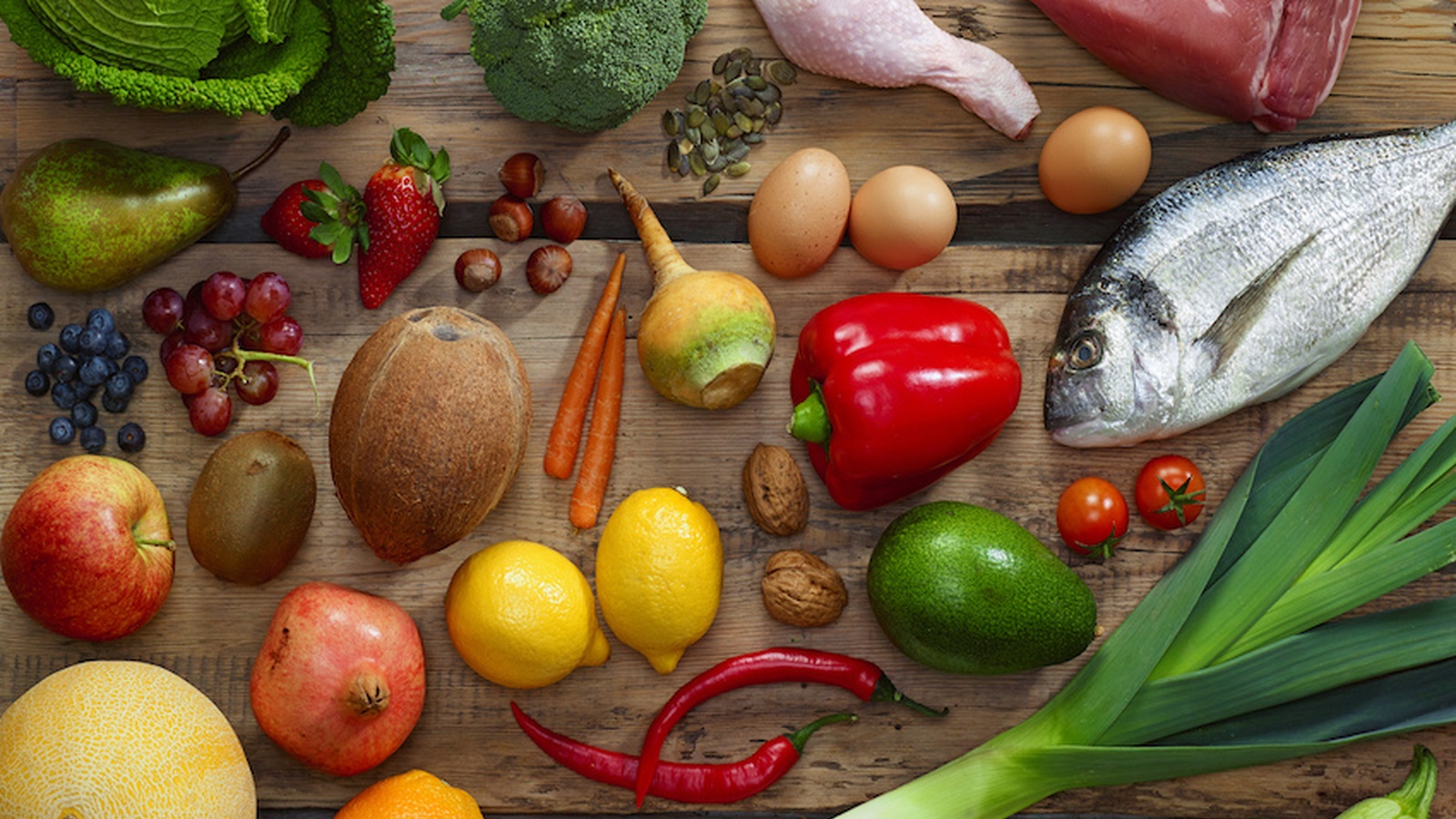5 Little-known Things About Paleo
Did you know...
- The paleo diet as we know it today isn’t new at all. It has only recently found its way into the mainstream but the tenets of the diet were established circa 1970 by Boyd Eaton and Melvin Konner, two researchers who took the work of gastroenterologist Walter Voegtlin and later wrote a paper called Paleo Nutrition for the New England Journal of Medicine in 1985. They then went on to write their book (along with M.D. Marjorie Shostak), Paleolithic Prescription published in 1988. – We talk about this briefly in Love Paleo
- On this diet, the focus should be vegetables. Therefore, put the accent on piling as many green veggies (especially leafy ones) on your plate before adding foods from other food groups such as animal protein, fats, and nuts & seeds. That way, you’re also certain not to overdo animal protein, which could cause some people to gain unwanted fat by way of gluconeogenesis.
- Some people choose to be purist and stick to pre-agricultural foods only, while others will consume raw dairy, butter, yogurt (from unpasteurized milk) and ghee. This more permissive version of Paleo is often called “Primal” by the ancestral health community.
- You don’t have to eat meat. You can follow this dietary plan if you are an Ovo-pescatarian (eating eggs and quality fish). Although most people eating paleo will allow some quality poultry and red meat in their diet, it is feasible to remain perfectly healthy while completely avoiding these, since eggs (which are a superfood) and fish (including seafood) contain enough quality nutrients to nourish the human body.
- While cutting out all grains and processed foods will bring your carb consumption down, eating this way doesn’t necessarily mean you will be eating low carb. If you eat starchy veggies, you will find that you can easily eat upwards of 100-130 grams of carbs a day! Now that doesn’t even come close to being low-carb (let alone ketogenic) when you consider that most low-carb diets do not allow the consumption of more than 70 grams of carbs per day!










